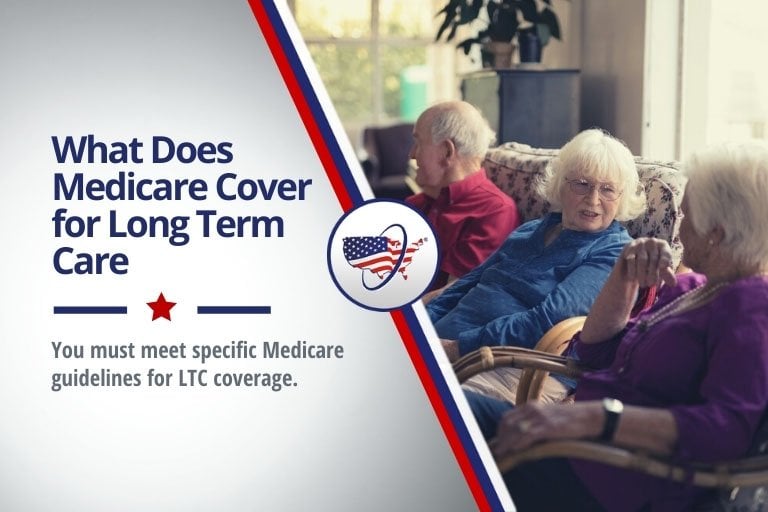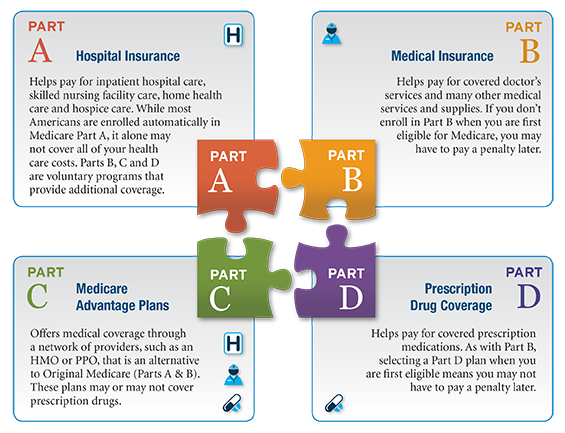Table of Content
That’s why one-third of Medicare beneficiaries choose a Medicare Advantage plan. These plans expand coverage to include many services that aren’t part of Original Medicare. Medicare doesn’t pay for home health aide services in the absence of the skilled care designation. If your doctor says you need skilled care, you may be able to receive personal care services while getting skilled care. If you qualify, you pay nothing for home health care services from a home health agency.

Another reason for certification is if you require assistance from another person, or from mobility aids such as crutches or a wheelchair in order to leave your place of residence. Your physician can certify you as being homebound even if you do leave home for short periods of time. It can be for reasons such as attending adult day care or religious services, for example.
What home health care does Medicare cover?
For instance, if you require durable medical equipment such as a hospital bed for your home care services, Medicare only covers 80% of the cost—leaving you responsible for the rest. Coverage for durable medical equipment works differently than home health care. The equipment your doctor orders, such as a wheelchair or a walker, must meet specific criteria.

Ask questions so you understand why your doctor is recommending certain services and if, or how much, Medicare will pay for them. If you qualify for Medicaid, it covers more long-term care services than Medicare. Otherwise, you need to consider your other options for paying for long-term care. This includes buying long-term care insurance, using your life insurance or other assets, or paying out-of-pocket. Medigap plans can help fill in the coverage gaps left behind by Original Medicare and help you pay less out of pocket for medical costs. Some Medigap plans even offer coverage for services not covered by Original Medicare at all, such as emergency health care while traveling abroad.
What kinds of healthrelated services are not covered by …
The purpose of this communication is the solicitation of insurance. Contact will be made by a licensed insurance agent/producer or insurance company. Medicare Supplement insurance plans are not connected with or endorsed by the U.S. government or the federal Medicare program. We sell insurance offered from a number of different Medicare Supplement insurance companies. Skilled nursing care includes treatments that require specific knowledge and training to administer or complete. Treatments must be needed part time, at least once every 60 days, but not more than once daily for up to three weeks.
8 Ways Obamacare May Affect Your Employer Health Insurance The Affordable Care Act has an impact on your employer-provided insurance. Learn about the possible financial outcomes and your options for low-cost primary, pregnancy, urgent and emergency care. Constipation is the reduced frequency of bowel movements, typically fewer than three per week. Because chronic constipation can cause pain and bloating, it's understandable to seek quick constipation relief.
Hospice care
If you're looking for the government's Medicare site, please navigate to Medicare.com is privately owned and operated by eHealthInsurance Services, Inc. Medicare.com is a non-government resource for those who depend on Medicare, providing Medicare information in a simple and straightforward way. Our commissions are paid by insurance carriers, so there is no additional cost to you, our consumer. But don't worry, we're here to help you understand Medicare in 15 minutes or less. Medicare might cover some in-home health care in some situations – but not all.

This includes cleanings, fillings, crowns, extractions, dentures, and other dental devices. A person can take out supplemental insurance, such as a Medigap plan, to cover costs beyond the limits of Medicare Part A. People who use their Medicare Part A coverage for inpatient hospital stays still have to meet their deductible before Medicare funds any treatment. People below the age of 65 years may meet eligibility requirements based on their medical status. Starting at 65 years of age, most people are eligible for Medicare Part A coverage.
Will Social Security pay me for taking care of my mother?
Like companion care, personal care does not involve any medical care beyond basic first aid, so it too is under the umbrella of standard in-home care. At one end of the home care spectrum is companion care, which involves no medical assistance whatsoever. Companion care aides, also referred to as elder care companions, provide company for seniors in their homes and out on errands. You may consider companion care if you worry about your loved one spending too much time by themselves at home and becoming lonely or isolated. A companion care aide can spend time with a senior in their home, play games or engage in the senior’s favorite hobbies, and accompany them to the grocery store or on other errands.

This portion of Medicare doesn’t usually cover nursing home stays. Explore employer, individual & family, Medicare-Medicaid health insurance plans from UnitedHealthcare. Original Medicare is a federally funded Medicare program in the United States. It includes hospital, medical, and drug prescription coverage.
Each year, there is also a General Enrollment Period from January 1st to March 31st, when all eligible adults can enroll in Medicare. He needs an aide to visit several times a week to monitor his condition and administer any necessary medications or therapies. Below, we discuss the cost of basic in-home care and home health care. To represent the market variations, we present several scenarios during which someone may use in-home care and how much the care will cost. Department of Health and Human Services, someone turning 65 today has about a 70% chance of needing some type of long-term care in the future.
Medical News Today has strict sourcing guidelines and draws only from peer-reviewed studies, academic research institutions, and medical journals and associations. We link primary sources — including studies, scientific references, and statistics — within each article and also list them in the resources section at the bottom of our articles. You can learn more about how we ensure our content is accurate and current by reading our editorial policy. Medicare Part A eligibility requirements for people under 65 years of age include those collecting Social Security Insurance or Railroad Retirement Board for 24 months due to a disability.

No comments:
Post a Comment